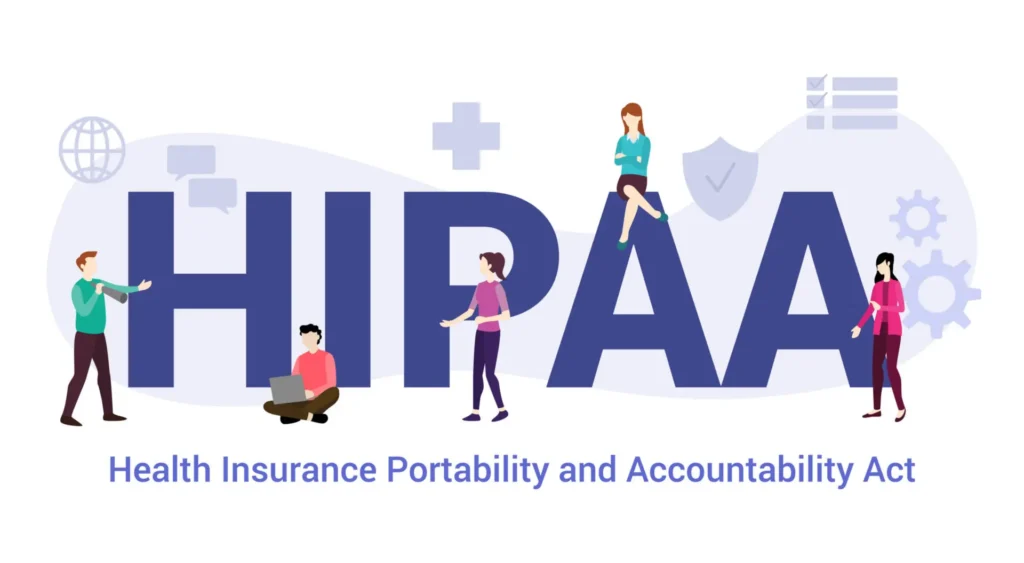Data privacy has undergone significant changes in recent years, with new regulations reshaping how businesses handle consumer information and how individuals control their data. These regulations, such as the General Data Protection Regulation (GDPR) in the European Union and the California Consumer Privacy Act (CCPA) in the United States, have far-reaching implications for companies and consumers worldwide. Implementing stricter data privacy laws has necessitated substantial changes in businesses’ data collection and management practices.
Companies must now be more transparent about their data usage, obtain explicit consumer consent, and provide data access, correction, and deletion options. This shift has led to increased costs and operational challenges for many organizations. For instance, when the GDPR was enacted in 2018, companies like Facebook and Google had to overhaul their privacy policies and data handling procedures to comply with the new regulations. The impact on data collection has been particularly significant.
Many businesses have had to reevaluate their data-gathering practices, often opting to collect only essential information to minimize potential liabilities. This trend toward data minimization is evident in the actions of companies like Apple, which has implemented stricter privacy controls in its iOS operating system, limiting the amount of user data that apps can collect without explicit permission. However, these regulations have also created new opportunities for businesses. Companies prioritizing data privacy and security can build customer trust, potentially gaining a competitive advantage. This positive impact on businesses is a motivation to adapt and thrive in the changing landscape of data privacy.
From a consumer perspective, data privacy regulations have empowered individuals with greater control over their personal information. This power shift gives consumers the right to know what data is being collected about them, request access to it, and, in many cases, demand its deletion. This increased transparency and control have been welcomed by many consumers increasingly concerned about how their data is used and shared. Real-life examples of the impact of these regulations can be seen in various industries, reinforcing the sense of control and security.
The Health Insurance Portability and Accountability Act (HIPAA) has long protected patient data in the United States. However, new regulations like the GDPR have extended similar protections to other types of personal data. For instance, a European citizen now has the right to request that a social media platform delete all their data, a process often referred to as the “right to be forgotten.”

The financial sector has also seen significant changes. Banks and financial institutions have had to implement stricter data protection measures to give customers more control over their financial information. This has led to new technologies and services, such as open banking initiatives, allowing consumers to share their financial data with third-party providers securely.
However, it’s important to note that these regulations are not without challenges. Enforcement can be difficult in real life, especially across international borders. Additionally, the recent rapid technological advancement indicates that regulations often struggle to keep up with new data collection and usage forms. Acknowledging these challenges will help consumers to feel informed and prepared for the complexities of data privacy regulations.
In conclusion, data privacy regulations have fundamentally altered the relationship between businesses and consumers regarding personal data. While these laws have imposed new burdens on companies, they have also created opportunities for innovation and improved customer trust. For consumers, they provide unprecedented control over personal information. As technology continues to evolve, data privacy regulations will likely continue to adapt, shaping the future of how we interact with and protect personal data in the digital age.
<Reference>
The Evolving Landscape: A Journey Through Data Privacy 2024 – Amin Digital. https://www.amin-digital.co.uk/the-evolving-landscape-a-journey-through-data-privacy-2024/
“Legal – Apple Privacy Policy – Apple.” Apple Legal, www.apple.com/legal/privacy/en-ww/. Accessed 15 July 2024.
“Consumer Privacy: A Business Imperative in the Digital Age: Deloitte Middle East: Me Pov 42.” Deloitte, 24 Apr. 2024, www2.deloitte.com/xe/en/pages/about-deloitte/articles/securing-the-future/consumer-privacy.html. Accessed 15 July 2024.
Abbott, Alden. “Consumer Data Privacy Regulation Is Now in the Spotlight.” Forbes, Forbes Magazine, 17 Apr. 2024, www.forbes.com/sites/aldenabbott/2024/04/17/consumer-data-privacy-regulation-is-now-in-the-spotlight/. Accessed 15 July 2024.
Leave a Reply